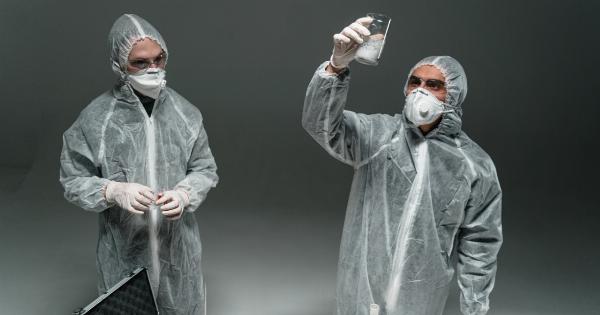With the current pandemic, face masks have become a crucial part of everyone’s daily life.
They help in preventing the spread of COVID-19, but do they have other effects on human behavior? A recent study shows that wearing masks can’t entirely conceal emotions.
The Study
The study done at the University of California, San Francisco, involved 334 participants, aged between 18 and 60. The participants were asked to wear neutral face masks and then make specific facial expressions.
The researchers used video recordings of the facial expressions to see if they were affected by the masks.
The researchers found that even though the masks cover a significant part of the face, emotions can still be detected through the eyes and eyebrows. Although the masks reduced the intensity of the emotions, they did not hide them entirely.
The Importance of Emotions
Emotions play a critical role in communication. When we talk to someone, we subconsciously observe their body language, facial expressions, and tone of voice. This significantly influences how we interpret the conversation.
With masks covering the lower part of the face, people may have difficulty in expressing themselves. In many situations, these expressions provide valuable contextual information.
When communicating with foreign language speakers, facial expressions help them understand the conversation. Studies have shown that these subtle cues may even make it easier for them to learn the language.
In other cases, people with hearing or speech difficulties rely on facial expressions to communicate.
The Impact of COVID-19
Masks have become the norm in most public places, and people are likely to continue wearing them for some time. This prolonged use of masks may have long-term effects on communication between individuals.
Furthermore, people may struggle to interpret others’ emotions correctly, which could impact their relationships, both personal and professional.
Furthermore, people often use expressions to show empathy and compassion. With the pandemic taking its toll on many individuals, these expressions of empathy play an essential role in mental health support.
The Solution
Although masks are crucial in preventing the spread of COVID-19, they pose a challenge in emotional expression. This challenge may lead to increased anxiety, stress, and mental health issues.
It is essential to find a way to solve this problem to ensure that communication is not compromised.
One solution could be to increase awareness of alternative methods of expression, such as hand gestures. Other options could be to make masks that allow for full expressions by utilizing a transparent material over the mouth area.
The use of video conferencing for communication may also help in situations where emotions need to be fully conveyed.
Final Thoughts
It is crucial to take into account the impact of masks on communication and emotional expression in everyday life.
This study highlights the importance of finding solutions that allow individuals to express themselves fully while protecting themselves and others from COVID-19.






























